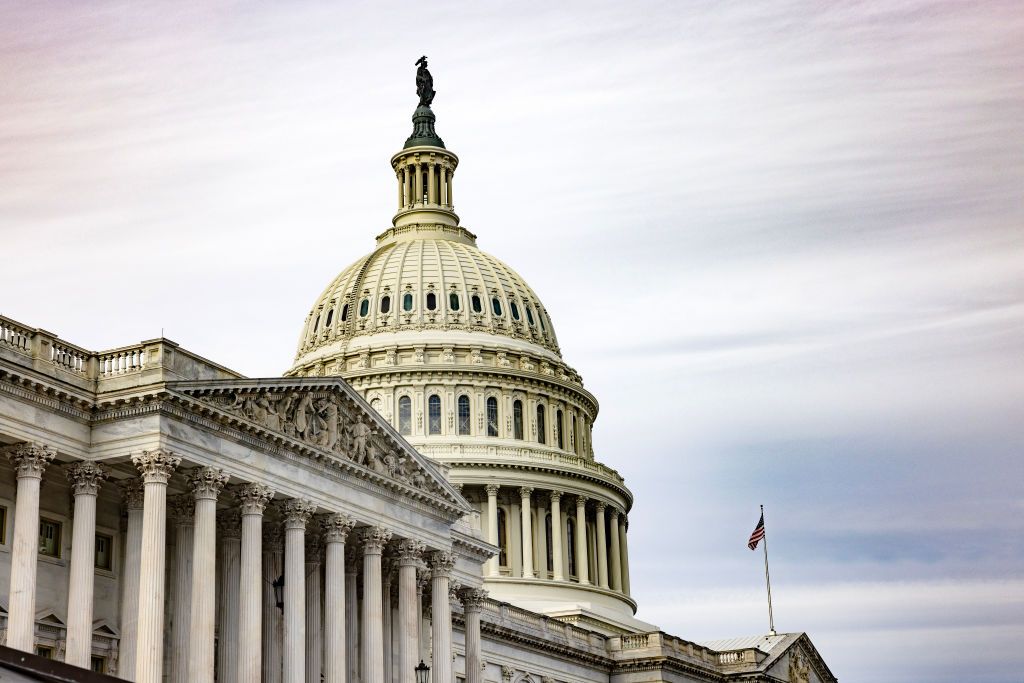US House to vote on standalone Israel aid package, excluding Ukraine from funding bill

House Speaker Mike Johnson revealed on Feb. 3 that the U.S. House of Representatives will hold a vote next week on a standalone $17.6 billion aid package for Israel, excluding a proposed $61 billion in military funding for Ukraine.
The House's exclusion of the Ukraine aid funding complicates ongoing efforts by Senate leaders to garner support for a broader combined Ukraine-Israel aid package.
The Biden Administration's proposed $110 billion aid package, intended for both Israel and Ukraine, has become a contentious political showdown in Congress.
Republicans in both the House and Senate have refused to support a $61 billion Ukrainian aid package without aid funding being tied to domestic border reforms. After months of Senate negotiations and border concessions from President Joe Biden, the Senate eventually reached an agreement on the combined Israel-Ukraine aid bill.
On Feb. 3, Speaker Johnson criticized senators for excluding the House from bipartisan talks regarding the bill that linked domestic border security with Ukraine-Israel funding.
"(The Senate's) leadership is aware that by failing to include the House in their negotiations, they have eliminated the ability for swift consideration of any legislation,” Johnson wrote in a letter to Congress. "As I have said consistently for the past three months, the House will have to work its will on these issues and our priorities will need to be addressed."
The Republican-led House had previously endorsed $14.3 billion in new military aid for Israel, tied to reclaiming funds from the U.S. Internal Revenue Service. The Democratic-controlled Senate, objecting to this condition, introduced a legislative package supporting Israel and allocating additional military aid for Ukraine. Speaker Mike Johnson previously vowed that a combined Ukraine-Israel bill would be "dead on arrival" when it reached the House.
As the Senate prepares to vote on the combined Ukraine-Israel aid bill next week, questions now linger as to how Congress can pass a combined bill through both chambers.
Johnson had previously suggested the possibility that the bill that combines aid for Ukraine with border policy reform would likely be split up - an option the White House said would not be up for discussion.
House Republicans have demanded even stricter measures than their colleagues in the Senate, with some advocating against aid for Kyiv in principle.
Throughout his campaign for the Republican presidential nomination, the influential former President Donald Trump has urged Republicans in the House not to accept anything short of a "perfect deal" on border security.
Senator Mitt Romney, a Republican critic of the former president, explicitly said that Trump was trying to prevent any potential deal in order to keep the issue active in his electoral campaign.
"He's contacted members of Congress telling them that he doesn't want a border deal because he wants to run on this issue," said Romney.











